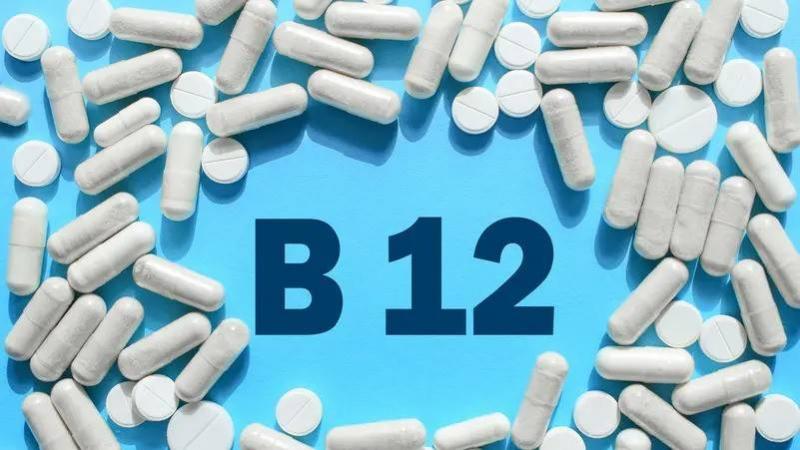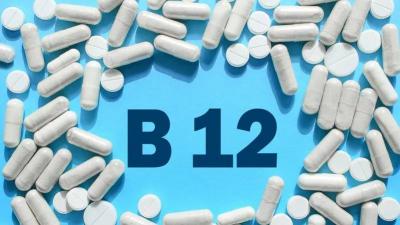Vitamin B12, also known as cobalamin, plays a crucial role in the formation of red blood cells, cellular metabolism, nerve function, DNA production, and the molecules within cells that carry genetic information, according to the Mayo Clinic. Dietary sources of vitamin B12 include poultry, meats, fish, and dairy products. Vitamin B12 is also added to some foods, such as fortified breakfast cereals, and is available as an oral supplement. Vitamin B12 can be prescribed in the form of injections or nasal sprays to treat vitamin B12 deficiency. As published by WIO News, the following five points should be considered when discovering a deficiency in vitamin B12:
1. **Red Blood Cells**
A deficiency in vitamin B12 affects the formation of red blood cells, and if treatment is neglected, a person may develop anemia.
2. **Nerve Functions**
Vitamin B12 is also essential for maintaining the healthy functioning of the nervous system. Its deficiency can lead to sensations of tingling in the hands and feet and weakness.
3. **Higher Risk of Deficiency**
Research indicates that individuals most likely to suffer from vitamin B12 deficiency are the elderly and vegetarians.
4. **Symptoms**
Symptoms of vitamin B12 deficiency include feelings of fatigue, weakness, constipation, loss of appetite, weight loss, and memory problems.
5. **Treatment**
Vitamin B12 deficiency is usually treated by taking vitamin B12 supplements either orally, via injection, or as a nasal spray, in addition to consuming foods rich in vitamin B12 such as poultry, meats, fish, and dairy products.




